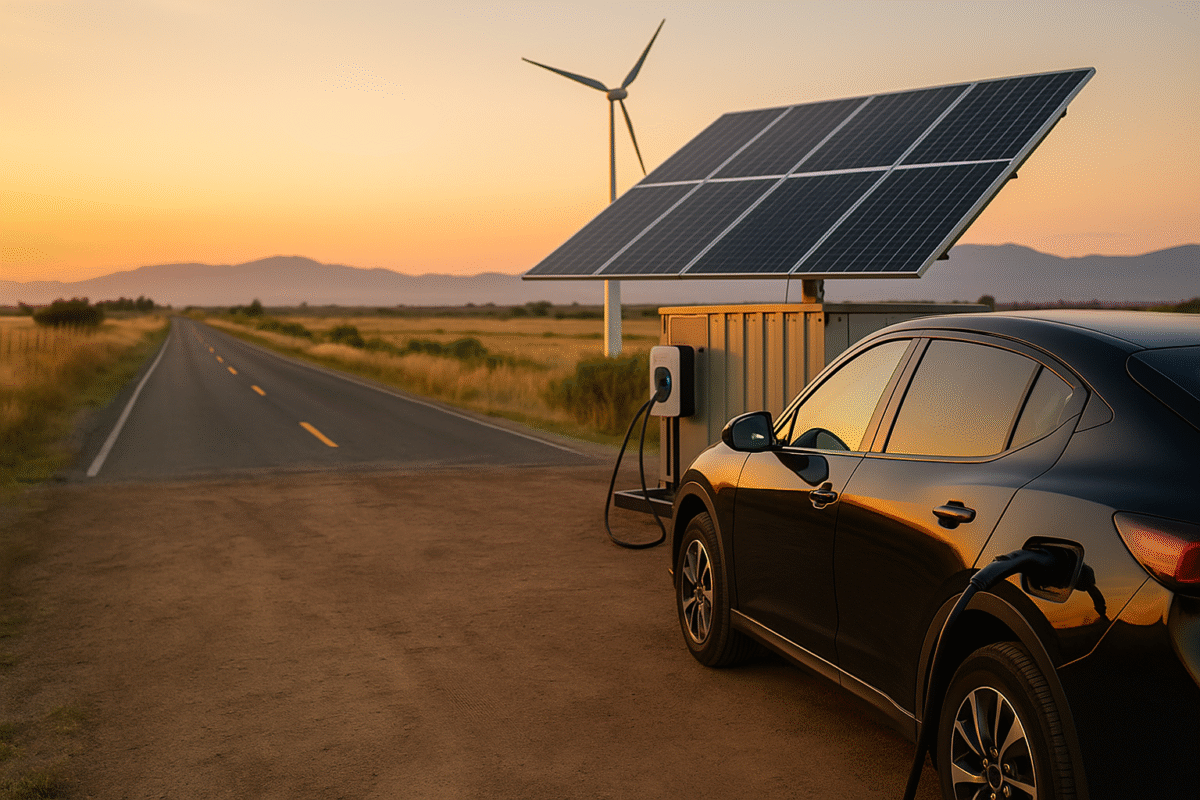Electric vehicles (EVs) are becoming more common across the U.S. However, charging infrastructure is still uneven. While urban areas enjoy dense networks of chargers, rural and tribal communities often remain underserved. As a result, rural EV charging solutions are essential to ensure the clean energy transition is fair and widespread.
Without these solutions, millions of Americans risk being left behind simply because of where they live.
The Challenge: Cost, Distance, and Limited Grid Access
To begin with, installing EV chargers in rural areas poses unique challenges. Traditional chargers are expensive—often exceeding $100,000 per site due to trenching, permitting, and grid upgrades. In addition, many rural areas have weak or unreliable power infrastructure, which makes installation even harder.
Moreover, the lower population density in these regions reduces the financial incentive for developers to build out charging stations. These barriers continue to delay progress.
A Smarter Approach: Mobile and Off-Grid
Fortunately, there’s a better way forward. At EVEN Recharge, we’ve designed rural EV charging solutions that operate independently of the grid.
Each mobile unit runs on solar and wind energy, paired with advanced battery storage. These systems are clean, self-sufficient, and easy to deploy. In fact, they require no trenching, no grid connection, and very little site prep.
Because of this flexibility, our chargers can be placed in remote locations where traditional infrastructure would be too costly or slow to build.
Real-World Impact: Faster Access, Greater Reach
For example, we recently deployed one of our units in California’s Central Valley. We placed it near a transit hub serving agricultural workers and nearby rural communities.
Over the first three months:
-
The unit generated more than 1,000 kWh of solar energy
-
87 unique EVs charged at the site
-
All power came from clean, renewable sources
This project proved that rural EV charging solutions can work—and work well—without needing the power grid.
Expanding Access and Equity
Furthermore, mobile charging doesn’t just solve a technical problem—it supports energy equity. Communities in rural areas deserve the same opportunities to adopt clean transportation as those in cities.
By expanding access to off-grid charging, we help:
-
Local governments meet sustainability goals
-
Small businesses electrify their fleets
-
Residents transition to EVs without barriers
Ultimately, rural EV charging solutions allow clean energy to reach people, not just power lines.
Looking Ahead: A More Inclusive Future
As more drivers switch to electric vehicles, the need for widespread charging access will continue to grow. That’s why we’re committed to building solutions that are flexible, fast, and future-ready.
Our rural EV charging solutions help close the gap—reaching the last mile with clean, reliable power.
Ready to bring mobile charging to your community? Contact us today.
 MENU
MENU

